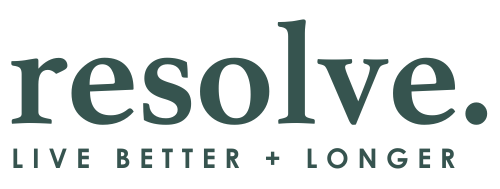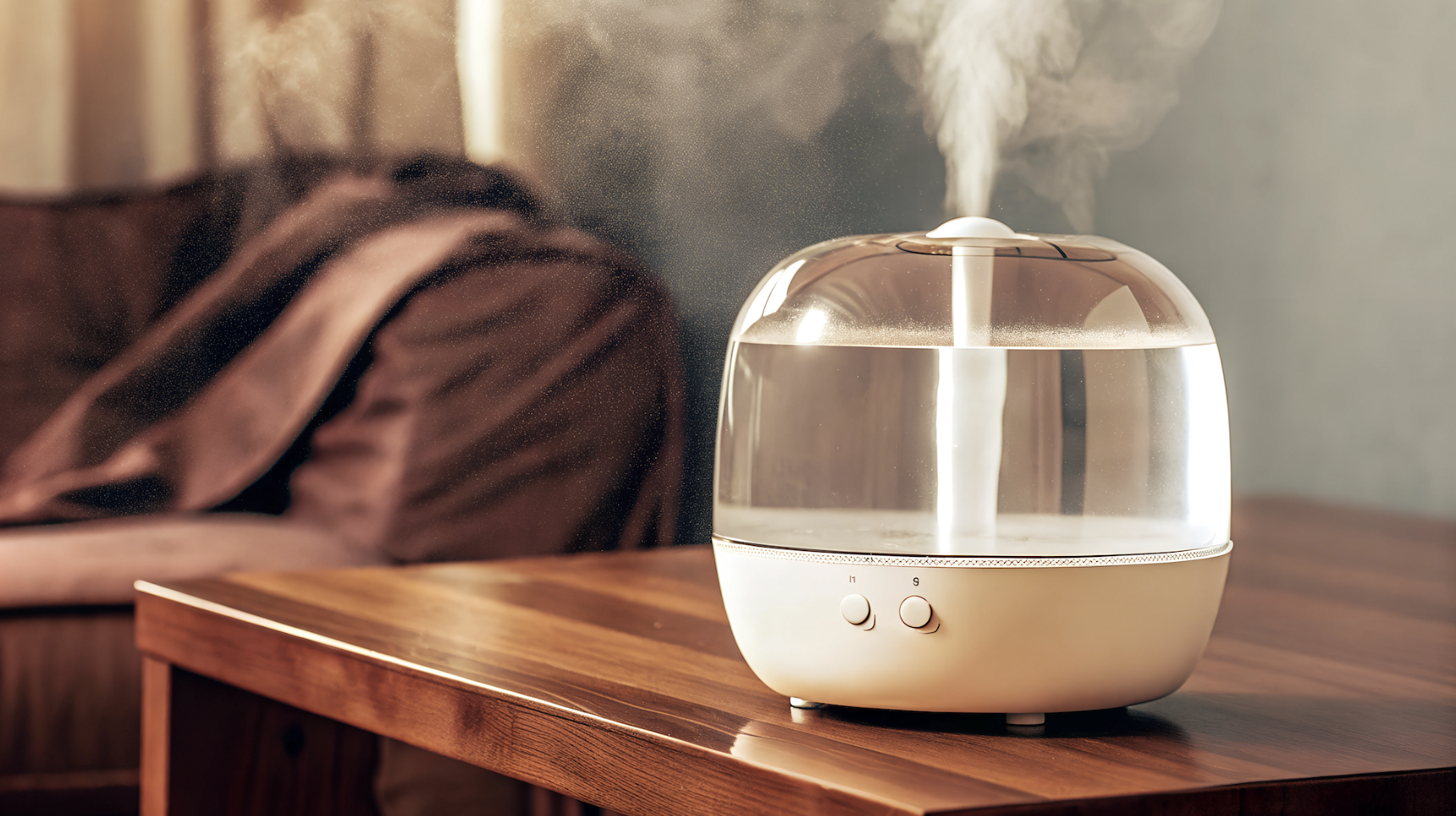Breast Implant Illness (BII) has become a growing concern, as more women report a variety of unexplained symptoms they believe are linked to their breast implants. While conventional medicine has been slow to officially recognize BII, many functional medicine researchers and doctors are at the forefront of addressing this issue, providing a holistic approach to diagnosis and treatment.
What is Breast Implant Illness (BII)?
Breast Implant Illness is a collection of systemic symptoms that some women experience after receiving breast implants. These symptoms can occur with both silicone and saline implants and may arise years after the initial surgery. While research is still evolving, BII is believed to stem from an immune system reaction to the implants themselves, either due to the materials or as a result of chronic inflammation triggered by the body perceiving the implants as foreign objects.
Symptoms of Breast Implant Illness
The symptoms of BII can be wide-ranging, often mimicking other chronic conditions, making diagnosis challenging. Some of the most common symptoms reported by women with BII include:
- Chronic Fatigue: A constant state of tiredness or exhaustion that doesn’t improve with rest.
- Cognitive Issues: Many women report “brain fog,” difficulty concentrating, memory problems, and confusion.
- Muscle and Joint Pain: Aching muscles and joints without clear reasons or injuries.
- Autoimmune-Like Symptoms: These can include symptoms similar to those seen in conditions like lupus, rheumatoid arthritis, and Hashimoto’s thyroiditis.
- Skin Rashes and Hair Loss: Some women experience skin issues, including rashes or hair thinning/loss.
- Digestive Issues: Bloating, irritable bowel syndrome (IBS), and gut dysbiosis are common.
- Anxiety and Depression: Mental health challenges, including feelings of anxiety, depression, and even panic attacks, are frequently reported.
- Recurrent Infections: Due to a weakened immune system, women may experience more frequent illnesses or infections.
While the above symptoms are commonly linked to BII, it’s important to note that they can vary significantly from one person to the next. These symptoms often appear gradually, making the connection to breast implants difficult to pinpoint.
The Functional Medicine Approach
Functional medicine takes a systems-based approach to health, which is crucial when dealing with a complex condition like BII. Instead of focusing solely on symptom relief, functional medicine seeks to address the root causes of illness—something highly relevant for women with breast implant-related concerns.
1. Comprehensive Testing and Diagnostics
Functional medicine doctors often begin with extensive testing, including advanced immune panels, inflammatory markers, and tests for mold and other chronic infections. Since many BII symptoms overlap with autoimmune diseases, it’s important to rule out or identify other underlying conditions that could be exacerbating the problem.
2. Addressing Inflammation
Chronic inflammation is a hallmark of BII, as the body may perceive the implant as a foreign invader. Functional medicine emphasizes the role of diet and lifestyle in reducing inflammation. An anti-inflammatory diet rich in organic whole foods, healthy fats, and antioxidants (such as a Mediterranean or paleo diet) can be crucial. Reducing toxic load through minimizing exposure to environmental toxins (including pesticides) is also a key recommendation.
3. Immune System Modulation
Since BII often involves immune dysregulation, functional medicine practitioners look at ways to support and balance the immune system. This can include:
- Autoimmune protocols that eliminate inflammatory triggers such as gluten, dairy, and refined sugars.
- Gut health optimization, since much of the immune system resides in the gut. Probiotics, fermented foods, and prebiotics can support the gut microbiome.
- Supplementation with nutrients like vitamin D, omega-3 fatty acids, zinc, and glutathione to boost immune resilience and reduce oxidative stress.
4. Detoxification Support
Many women with BII benefit from a focus on detoxification. This involves supporting the liver, kidneys, and lymphatic system in processing and eliminating toxins. Detoxifying foods like cruciferous vegetables (broccoli, cauliflower, kale), herbs like milk thistle, and practices like dry brushing and infrared saunas can be incorporated into a detox plan.
5. Explantation Surgery
For many women, explantation—removal of the breast implants—is a critical step in their recovery. Functional medicine practitioners often work closely with surgeons to ensure that the implants are removed properly, including the surrounding scar tissue (capsulectomy), as remnants of this tissue can continue to provoke an immune response.
Before and after explantation, functional medicine protocols focus on preparing the body for surgery and promoting healing afterward. This includes optimizing nutrition, supporting detox pathways, and addressing emotional and mental health, which are often affected by the trauma and stress of BII.
What Should You Do if You Suspect Breast Implant Illness?
If you believe you may be experiencing symptoms of BII, here are some steps to consider:
- Consult a Functional Medicine Practitioner: Seek out a doctor trained in functional medicine who can offer a comprehensive, systems-based evaluation. They will consider the role of your implants in your overall health and help you navigate testing and treatment options. You can schedule a free 15-minute discovery call with our Resolve Medical practitioners here.
- Document Your Symptoms: Keeping a detailed journal of your symptoms can help you and your doctor track patterns and make more informed decisions.
- Consider an Explantation Surgeon: If you and your doctor believe explantation is necessary, look for a surgeon experienced in the proper removal of both the implants and surrounding scar tissue.
- Support Your Body: Whether or not you choose explantation, adopting an anti-inflammatory diet, minimizing toxin exposure, and supporting detoxification can be key steps toward symptom management and recovery.
Conclusion
Breast Implant Illness is real and affects many women, yet it’s often misunderstood or overlooked in traditional medical circles. Functional medicine offers a comprehensive, personalized approach to BII by addressing inflammation, immune health, detoxification, and the role of implants in overall wellness. If you’re struggling with unexplained symptoms and have breast implants, it’s important to work with a practitioner who can support your whole-body healing journey.
Schedule your free 15-minute discovery call with Resolve Medical by clicking here: www.resolvemedical.us/discovery-call
Research: Click here



